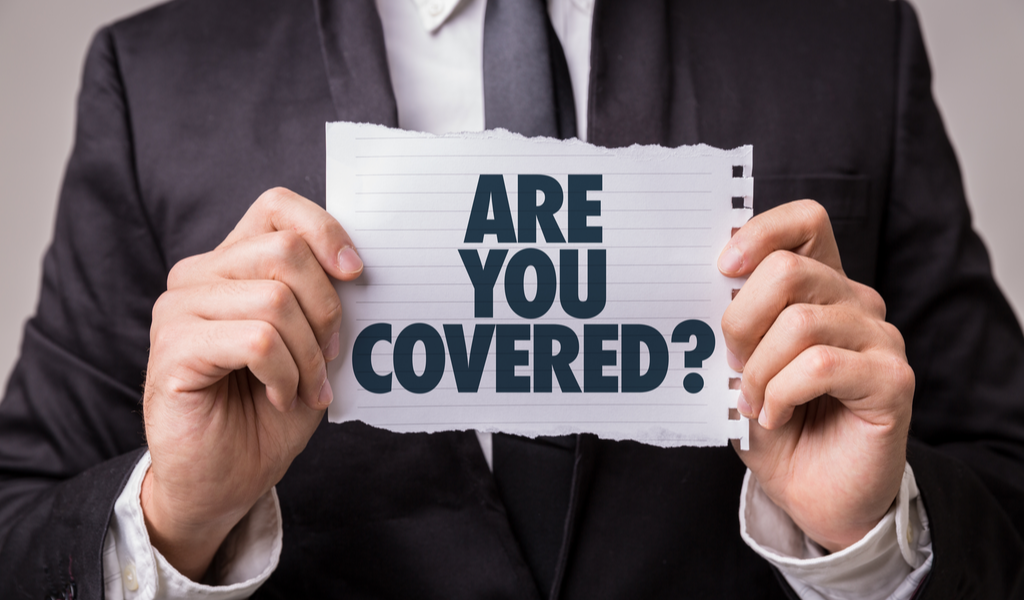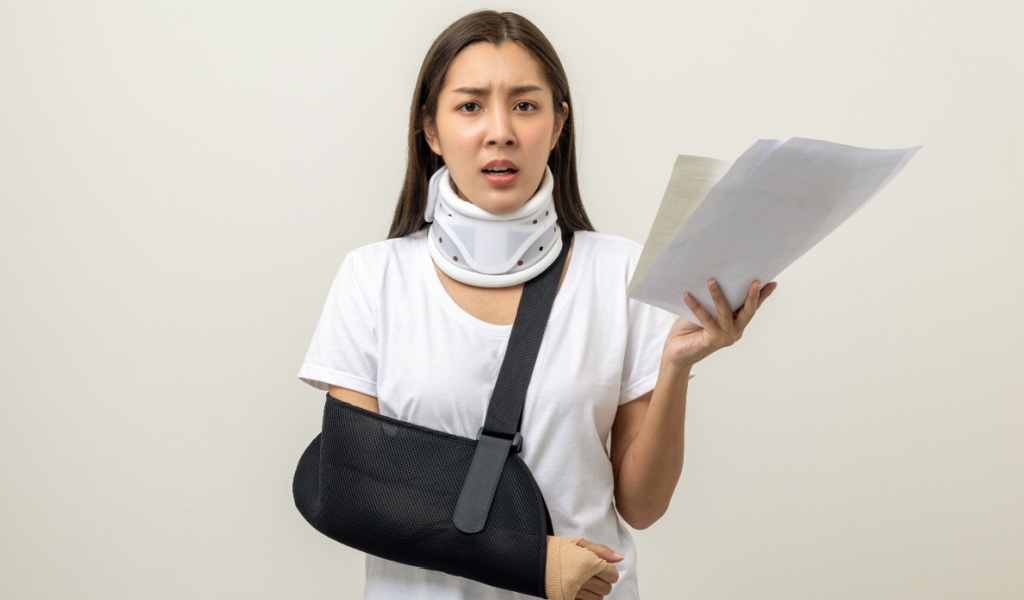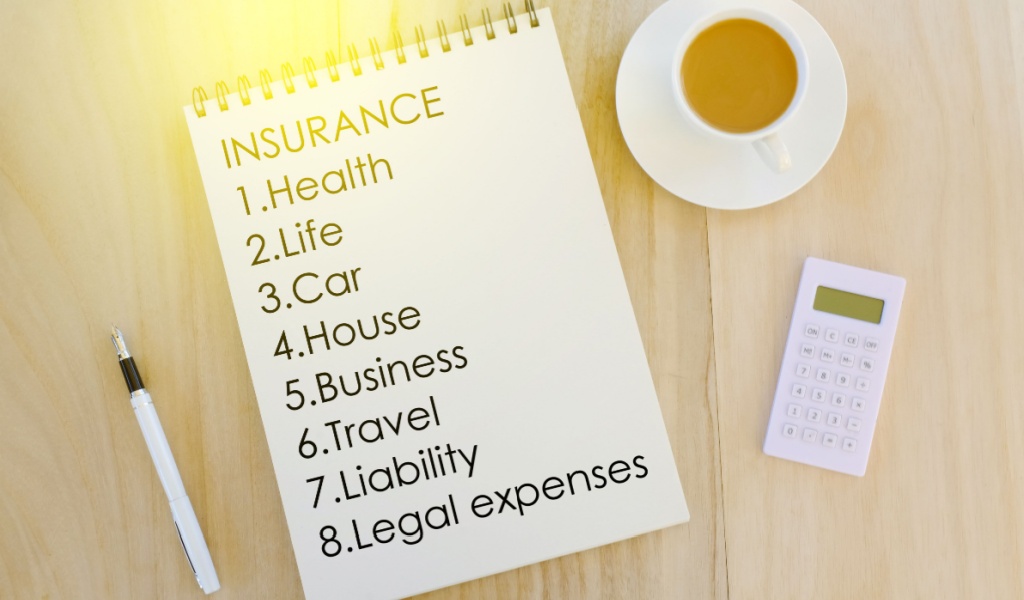Being self-employed means being your own boss, and that is a pretty sweet deal. However, there are several challenges that self-employed individuals come across, seeing as their paycheck isn’t funded by another corporation. One of the major disadvantages of being self-employed is the lack of a financial safety net of employer-provided health insurance.
What if you have to miss out on work due to illness or injury? There is no guarantee of income, and on top of that, you may be faced with massive healthcare bills that you have no idea how to pay. This is why it’s important to consider getting work insurance for self-employed people.

Income Protection
The first and foremost thing you need to get for yourself is income protection insurance. This will help replace some of the lost earnings you may incur due to illness or injury. Both physical and mental conditions are covered.
The amount that can be collected will be a percentage of your regular pay, most commonly around 50-65%. This money is tax-free and you may also be able to claim benefits on the remaining. Income Protection for the self-employed can be claimed as many times as necessary within the policy period, but there may be a few restrictions such as a waiting period before and between claims.
Types of Self-Employed Income Protection Insurances
There are several different ways to get income protection insurance for self-employed workers and they can be tailored to each individual’s needs.
Short term schemes that cover a period of a few years are a good option if you do not plan to be self-employed for long, or you could opt for long-term insurance plans that will help you out until you return to work, reach the age of retirement, or simply until the policy period comes to an end.
There are also a number of alternatives to self-employed income protection insurance that are worth mentioning. Such as:
Life insurance
Life insurance is a valuable add-on to income protection insurance, especially if you have dependents who rely on your earnings. Families of employees working at certain corporations may be paid a death-in-service benefit if they are still on the company’s payroll at the time of their passing.
Needless to say, families of self-employed individuals get no such payout unless you arrange it for them yourself. Life insurance can help them in the transitional period of dealing with loss and figuring out a way to get back on their feet (financially and otherwise).
Critical Illness Cover
It is also worth considering a self-employed critical illness policy so that you aren’t left totally financially devastated if a medical condition suddenly made it impossible for you to work. Unlike life insurance, which is paid upon your death, critical illness insurance is paid when you are still alive. You may receive a large lump sum of money in such an instance, which could be used for purposes like paying off a mortgage or adapting to a new lifestyle.
However, not all medical conditions are covered under critical illness cover. For instance, only certain types of cancer may be included under it. Therefore, it’s best to consider your options thoroughly before picking one.
Mortgage Protection Insurance
Your mortgage bill is likely the largest and most significant financial obligation you have every month. Failing to pay for it can result in late fees, interest payments, or even foreclosure if you continue to default on your payment. To avoid losing the roof over your head and making all your hard work up to that point go to waste, you should consider getting mortgage payment protection insurance.
In case you aren’t able to work in case of accident or illness, the insurance kicks in and makes payments on your behalf for a period of about 1-2 years, or until you are able to get back to work. This is a good way to ensure that the largest bill is covered during your recovery period, freeing up any savings you may have for other payments and expenses.
Public Liability Insurance
If you are a self-employed person working in the service industry or interact with the public on a regular basis, such as being an electrician, plumber, or taxi driver, you should consider getting yourself public liability insurance. This insurance will cover the legal fees and compensation payments you may need to make if someone makes a claim against your business for injury or property damage.



